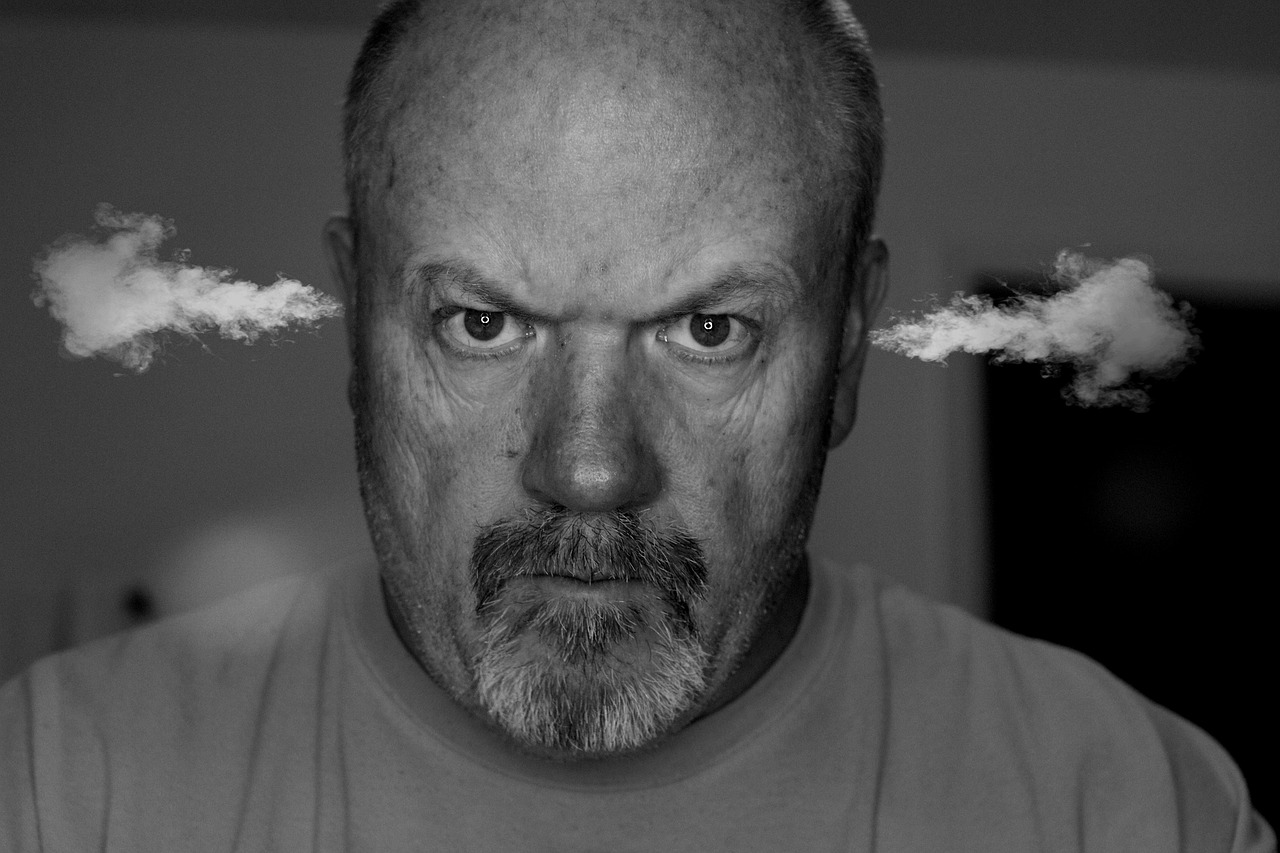Happy New Year! I’ll be honest, it feels a bit weird to be writing this a fortnight before Christmas, but if I don’t do it now, it won’t be done in time for publishing. The risk, of course, is that by writing it now, what I write risks being completely out of date by the time you read it. Worse than that, what I write risks being inappropriate by the time you read it!
I say this because fast changing world events have recently resulted in a couple of advertisers being accused of unforgiveable insensitivity. What I didn’t mention in my last article about the Marks and Spencer Christmas commercial was that there had been some furore immediately after its release about a scene which revealed some Christmas hats being burned in an open fire. Apparently, some viewers had noticed that the hats (red, green and silver) were similar colours to the Palestinian flag (red, green, black and white) and found the burning to be offensive. Marks and Spencer explained that the advert had been filmed in the summer, long before the violence erupted on 7th October, but they did immediately apologise for any unintentional offence caused and pulled the scene from the advert. I will accept it was probably wiser for them to do that than to stand their ground, however innocent they were.
The other advertiser was the high street fashion retailer, Zara. Again, the images they had published – of a model wearing their clothing in the “arty” setting of a somewhat dilapidated sculptor’s studio – were dreamt up in July and taken in September. Sadly for Zara, when the campaign was released, some people found the pictures to be reminiscent of bomb-damaged Gaza and promptly wrote to the Advertising Standards Authority. Like Marks and Spencer before them, they removed the images and issued a statement of regret about the misunderstanding. I happen to think they were more culpable of insensitivity than M&S; the images may have been taken before October 7th, but someone clearly gave the all-clear to publish them in December, and it cannot be denied that the sculpture wrapped in white material does bear more than a passing resemblance to a corpse in a body-bag. The model’s “dead-behind-the-eyes” facial expression also adds to the sense of tragedy (rather than communicating something more positive). However, we can be absolutely sure that the origin of the campaign was not related to the war in Gaza and the marketing team were obviously not intending to cause offence. We can be equally sure that offence was taken.
However optimistic we are about the New Year, we should be under no illusion that it will bring its challenges and misunderstandings. It has always been the case that the things we actually say are not always the things we want to say (as we often can’t quite get the words right), and the way they are heard and understood by others may well be different again – complicated by both the context in which they are said and the circumstances of life of the person to whom they are said. The real challenge is that we seem to be in a cultural moment where people are quick to take offence and reluctant to give grace to those who, even with the purest of motives, by virtue of clumsiness or ignorance, say or do the wrong thing. May we all be those who are careful and sensitive with our own speech and actions, and generous and gracious with those who inadvertently offend us.
May the Lord bless you in 2024.
